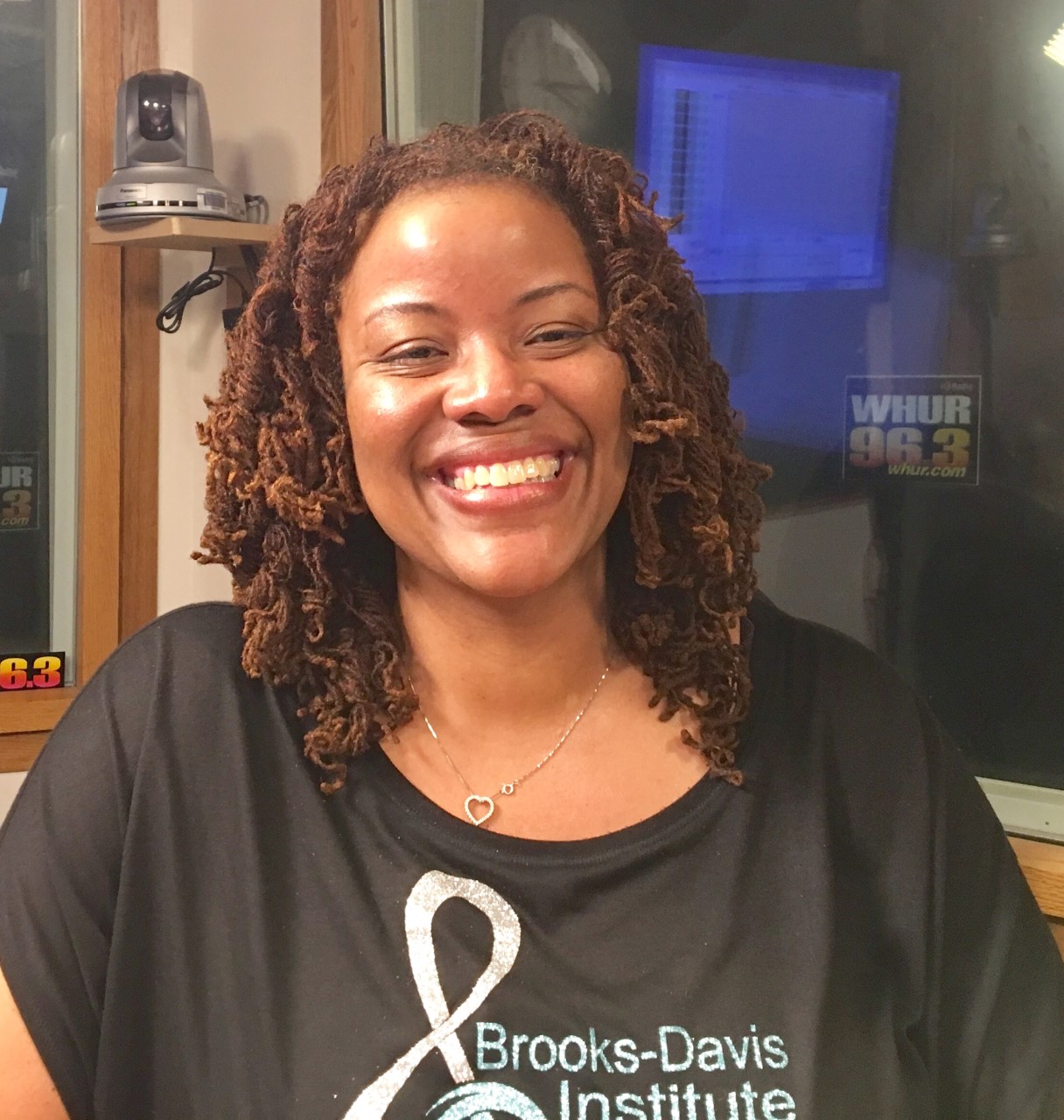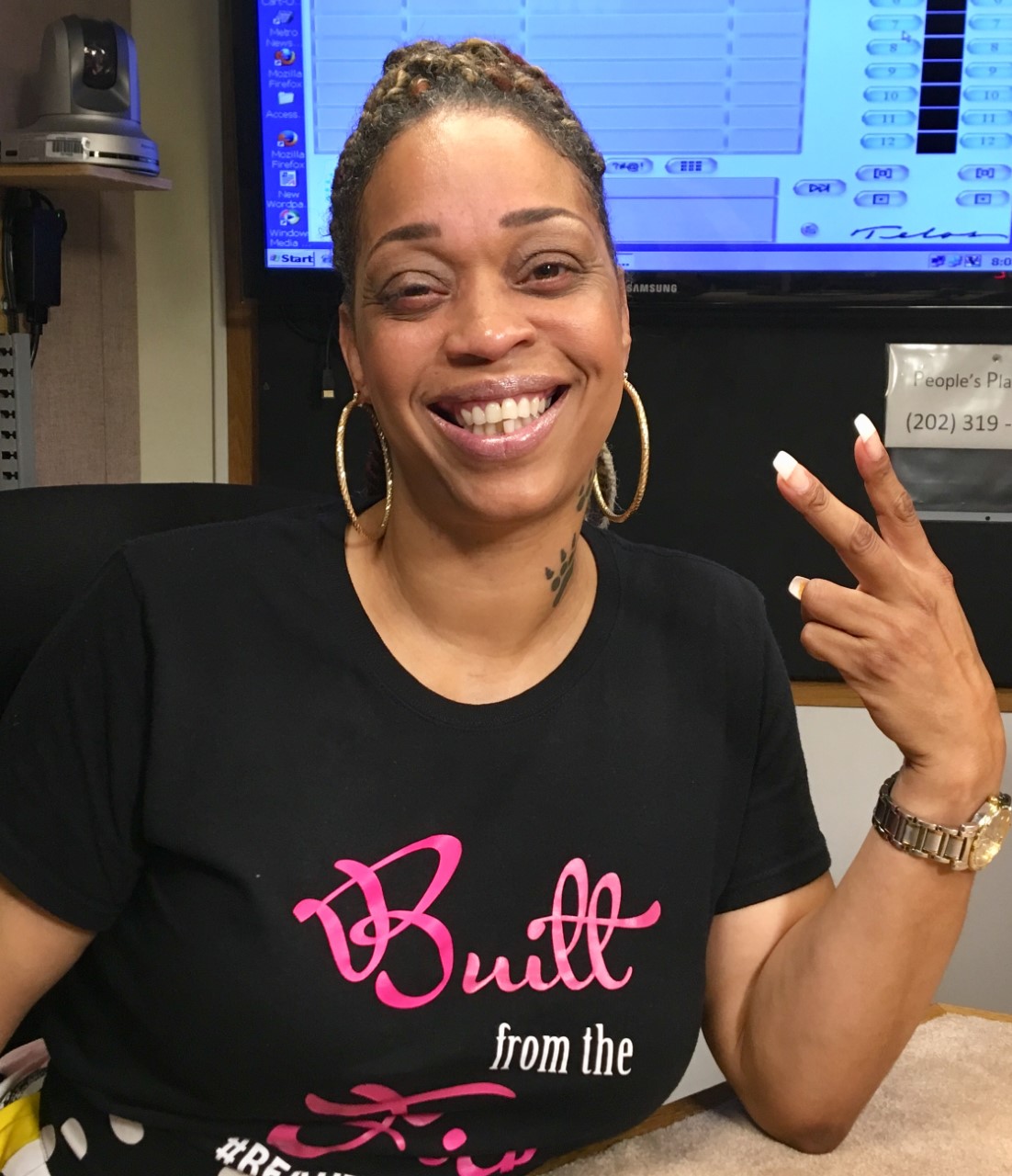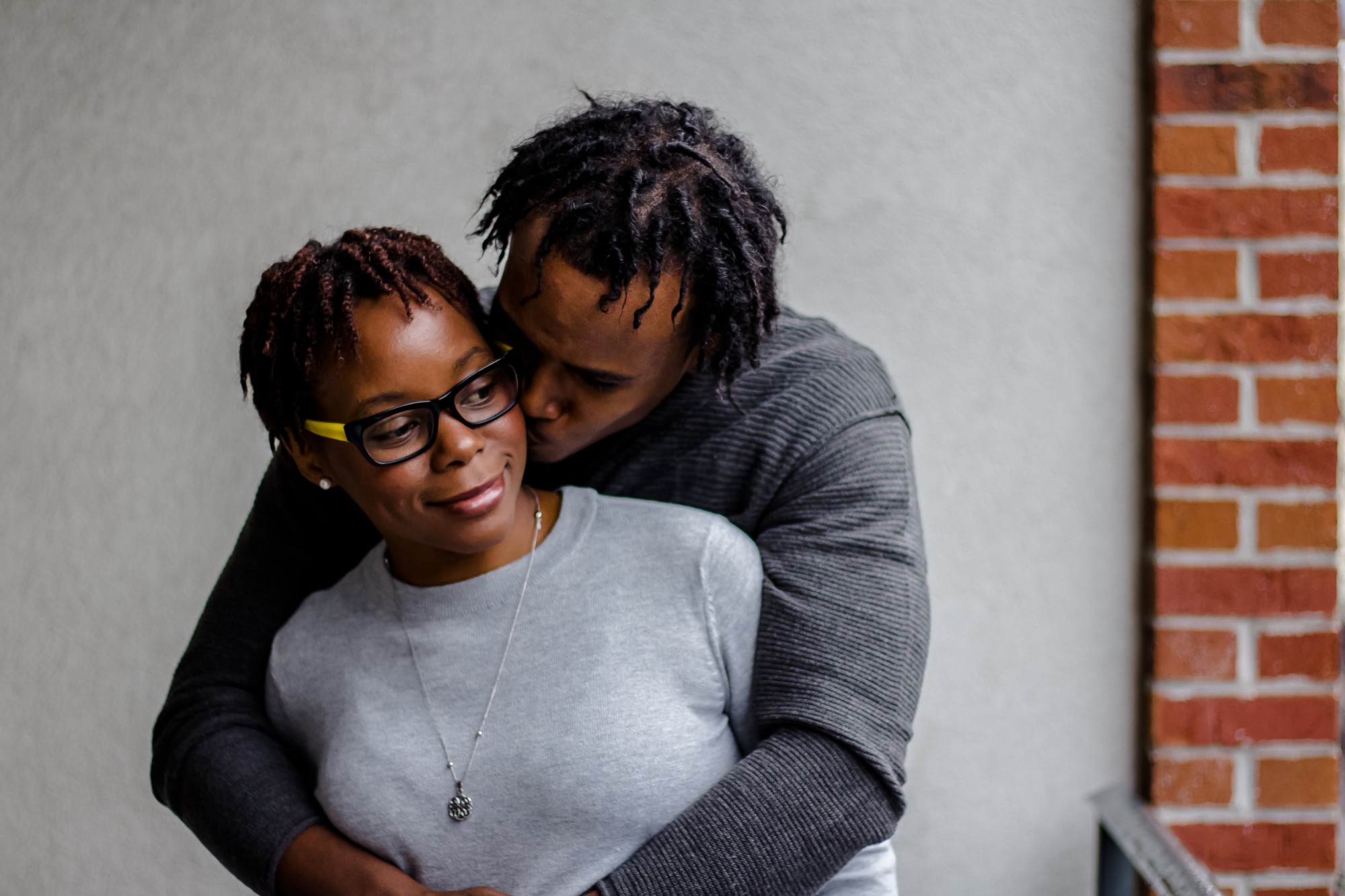We’ve all experienced the pain of losing a loved one. But losing a spouse can be particularly devastating in many ways. May 3rd is National Widow’s Day. It’s a day when widows and widowers… take time to reflect and offer support to others who have lost spouses. We talk about what happens after “’til death do us part”.
Audio PlayerGuests:

Dr. Fredrica Brooks-Davis, Clinical Psychologist, The Restoration Center, Inc.

Marilyn Lacey, Author, Sexual Assault Advocate
Resources
TEN THINGS I WISH SOMEONE HAD TOLD ME ABOUT BECOMING A WIDOW (Source: TODAY.COM)
- It sucks.I’m not going to try to make it sound better than that. I can’t. It just sucks. Not only do you lose the person you love and your partner in life, but your children also lose their father. You must deal with all of this by yourself because the one person who is supposed to help you during hard times is gone.
- You become “that person” people stare at in the supermarket.For months after my husband died, I didn’t want to leave my house. I felt like the whole world was watching me. It’s as if what happened to you is what everyone else is afraid of, so they just stare and pray they won’t become you one day.
- People do and say the dumbest things around you.Some people seem to feel awkward and just don’t know how to handle the situation. That is their problem, not yours. I was once standing outside my hair salon when a woman I knew walked out. I noticed that she saw me. She immediately stuck her head in her handbag and pretended to be frantically looking for something. Then she ran back into the salon. I guess she didn’t know what to say to me but “Hello” or “How are you?” would have been fine.
- Friends and family may not always understand that you don’t have time.Everyone means well with phone calls, emails and texts, but it is impossible to give everyone a response in a timely manner. You are adjusting to a new and scary life, and so are your children. I know I did not have the time or energy to focus on anything but that. There are those who might not understand this and might get insulted. That can be upsetting at a time when you do not need extra stress. But sometimes people will surprise you with understanding. My aunt once called to check on me, and I never returned her call. When I saw her a month or so later at a holiday dinner, I immediately apologized to her. Her response was, “You don’t ever have to apologize to me, I totally understand. You are going through enough.” I appreciated those words more than you can imagine.
- Accept help when it is offered.I was lucky enough to have friends and family who were always trying to do whatever they could for me. At first, I resisted. I felt like this was my problem and I had to do it all for myself, and my children. But I realized quickly that doing everything is hard. Little by little, I began to let others do for me when I felt that they genuinely wanted to. It did make life just a little easier.
- Those who have never experienced a tragedy such as this will not understand what you are going through.They will think that they do, or will try to, but they don’t. They can’t. Everyone means well. They will tell you to get out more, or go out less, or stop doing so much for your kids, or do more for your kids. You just need to do things your own way. You will, of course, make mistakes and ask for advice when needed. But go with your gut, and do things the best way you know how.








